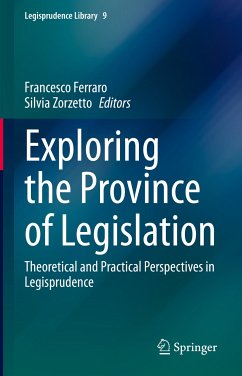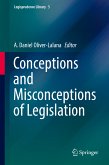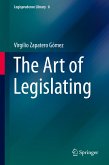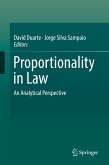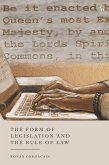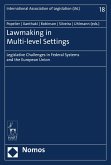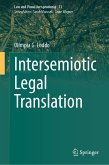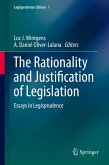Legisprudence considers a variety of perspectives and relies on contributions from numerous different disciplines. Rather than providing examples of the various possible approaches to legisprudential studies, this book - bringing together lawyers and legal theorists from seven different countries - highlights two aspects of the many disciplines involved. Firstly, it discusses theoretical abstraction, which borders on, or enters into the realm of full-fledged philosophical speculation. Secondly, it examines empirical observation of specific cases, precisely situated regarding their spatial or historical collocation, or referring to a particular species of legislative policy. Focusing on legislation both as a process and as a result, the aim of the book is twofold: on the one hand, it demonstrates that, far from being a purely theoretical and exclusively academic intellectual enterprise, legisprudence can offer criteria for both assessing and improving the quality of real-world legislation. On the other hand, it shows how lawmaking is at least as interesting and legitimate a field of inquiry as adjudication and interpretation of laws for legal theorists and philosophers of law, and that they are already equipped with extremely valuable intellectual tools for fruitful legisprudential inquiry.
The book is organized in two parts. The first part comprises legal-theoretical accounts on general aspects of legislation as a process and as a result. The second part presents contributions focusing on specific experiences of evaluations of legislative quality and contributions to the legislature's work on the part of the public, as well as on particular legislative policies, methodologies in lawmaking, and problems regarding legislation as an instrument.
Dieser Download kann aus rechtlichen Gründen nur mit Rechnungsadresse in A, B, BG, CY, CZ, D, DK, EW, E, FIN, F, GR, HR, H, IRL, I, LT, L, LR, M, NL, PL, P, R, S, SLO, SK ausgeliefert werden.

